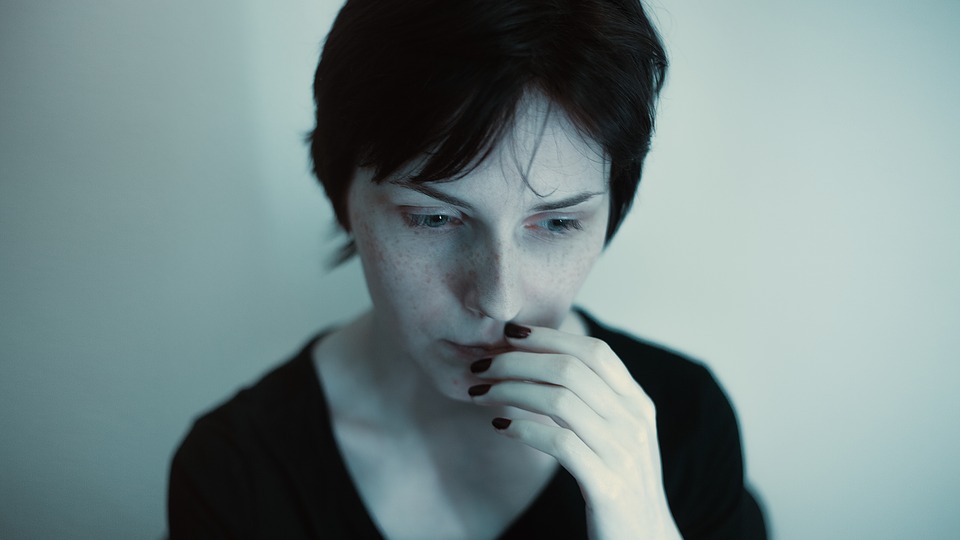Blog: Housing sector’s role in helping to keep victims of domestic abuse safe
CIH President Jim Strang and chief executive of Scottish Women’s Aid Marsha Scott examine the role of housing in helping to protect people experiencing domestic abuse.

Every year millions of people are affected by domestic abuse. Pain, control, coercion and degradation are needlessly and cruelly inflicted on women by the very person who claims to love - or have loved - them. And it is - primarily - women who experience and men who perpetrate domestic abuse.
Statistically speaking it is almost certain that you know someone who has experienced - or is experiencing - domestic abuse. On average between one in three and one in five women will experience domestic abuse in the course of her lifetime. Where gender is recorded, 79% of all incidents of domestic abuse in Scotland in 2016-17 had a female victim and a male perpetrator. Two women are killed by their partner or ex-partner every week across the UK.
Victims of domestic abuse - like all of us - rely on housing, and yet we know that the housing sector has much to do to help those at risk of - or experiencing - domestic abuse. Too many housing organisations do not have a policy framework which recognises domestic abuse. This means that victims are, at times, made homeless by the services that are meant to help them. In Scotland, domestic abuse is given as the main reason by women for making a homeless application.
Put yourself in her shoes: how would you feel if you were forced to leave your home with your safety at risk and then asked to move multiple times? Or asked to move your children from their friends, their schools? With each upheaval comes added solation and loneliness, not to mention the financial hardship of rebuilding a new life.
Justice and fairness demand transformative change. Survivors of domestic abuse cannot afford to wait. Some areas such as Fife have risen to the challenge, with the council reviewing how it can remove perpetrators, rather than victims, from the family home. This could mean that anyone convicted of domestic abuse and living in a council house, would be in breach of their tenancy.
It is encouraging that the Scottish Government is planning to consult on legislation to provide protection for women by placing conditions on perpetrators - including temporarily removing them from households to prevent further abuse. What’s more, a recent report for the Scottish Government called for “clear policies on domestic abuse, and ensuring that experience of abuse or violence does not lead to someone losing their tenancy.”
This is welcome, but we have to do more to help victims. This doesn’t just mean providing refuge when it’s too late, and things have reached crisis point. It means helping people before, during and after their abuse and understanding that even when partners separate, women and children are not safe.
Speaking out about domestic abuse can be an incredibly difficult thing to do; when women come forward they need reliable support and advice about their options. We want all housing providers to develop a framework for preventing homelessness; we want each to create a policy that supports victims right to stay in their home; we want women not to be financially disadvantaged as a result of domestic abuse; and we want all housing providers to reduce homelessness among women and children who are victims of domestic abuse.
But we also need culture change to ensure that victims are protected and perpetrators held to account. The housing sector, along with local and national government, can ensure that every survivor receives the right response first time round. Only by making this everyone’s priority will we ensure that every woman and child can live their lives free from fear and abuse.
- This article was first published in the Herald Scotland on 17 January 2019.









